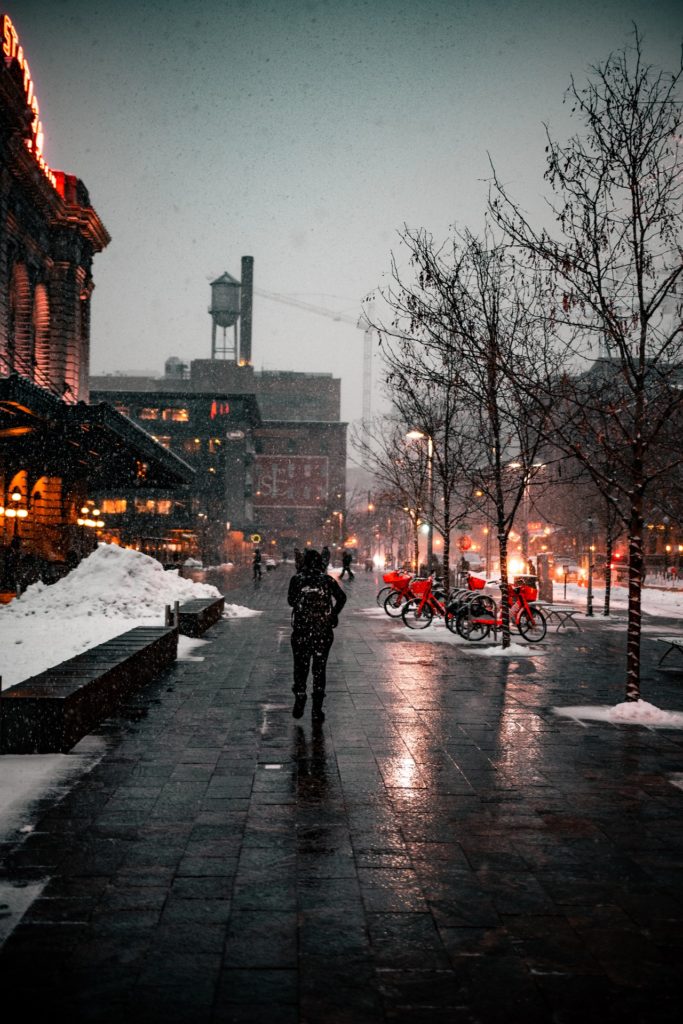
During Coronavirus the whole state of Colorado’s mental health has been suffering. In Denver, stresses from financial to the toll of being isolated are taking a toll. We are seeing rates of anxiety and depression rising. If you are feeling your mental health take a dive (or a dip), you are not alone.
A recent poll of Coloradans showed that 53% of those surveyed said that their mental health has not been good during the pandemic. They pointed to these stressors:
- Finances
- Isolation
- Loneliness
- Anxiety
- General Stress
As far as counseling and therapy is concerned, we at Thrive Counseling have seen a 20-30% increase in new clients calling us for an appointment. The most common issues that new clients call us about are:
- Wanting Anxiety Therapy
- Relationship problems
- Depression symptoms
- Increased or new Panic Attacks
- Can’t stop worrying
- Thinking about a major life change since the pandemic started (career change, etc)
There is some good news: Around Colorado and in Denver more resources are being put towards mental health. The Colorado Behavioral Health Task Force has outlined its plan to improve mental health care across the state. The Mayor of Denver approved a plan to fund more counselors and therapists in the city, and pair them with police forces for crisis calls. Mental Health centers in Denver are also using new technology, like apps and online therapy, to help reach more people in need of counseling. Large healthcare companies are putting therapists in primary care clinics to screen for problems and provide on-site counseling.
Anecdotally, what we are hearing from clients is that normal support systems and coping tools are not available right now because of the pandemic. Seeing friends can be difficult or impossible, relationships are strained due to isolating together or not being able to be together. Having the ‘who have you been seeing and have you been wearing your mask’ conversation is getting old. In and around Denver, the outdoor spaces that soothe us and provide so much free entertainment may be overcrowded, not safe, or closed. Our communal spaces like coffee shops, bookstores, restuarants and libraries are closed or have become sterile and may feel unsafe. All of this takes a toll.
We don’t want you to social distance from your mental health. Reach out if you need support (or even think you might). You are not alone.
